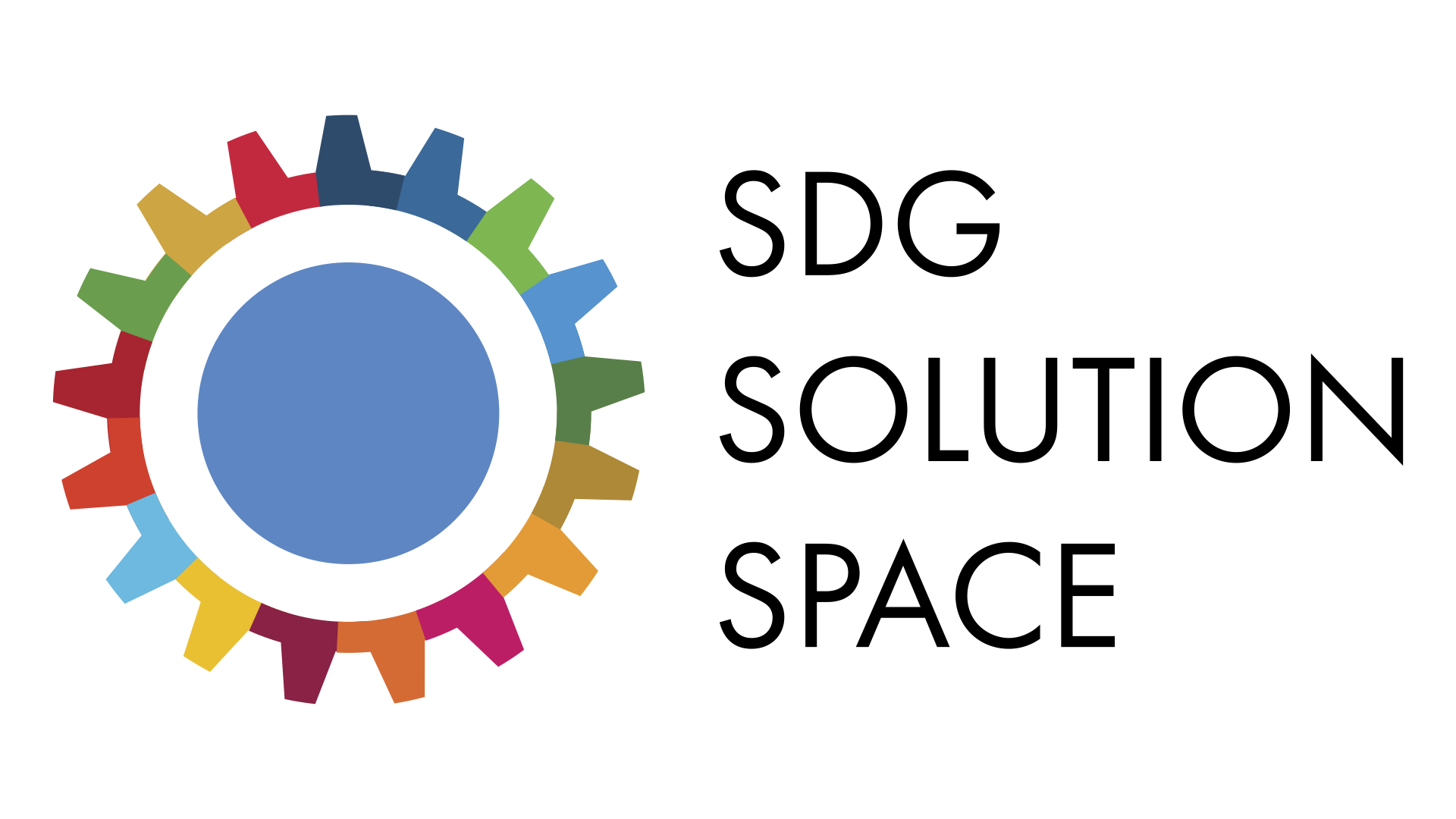Subject: UN Library in Geneva
Speaker: Francesco Pisano, Director
Date: 18 October 2021
Reporters: Brittany Olson, Claire Hodges, Tobias Colin
 Francesco Pisano is the director of the UN Library Geneva, which he calls “the Silicon Valley of multilateralism,” the headquarters for all research in the field. Founded in 1919 as the Library of the League of Nations, it maintains the institutional memory of UN Geneva through its three-objective mandate: serve as a central Library for international Geneva, act as a repository for the UN, and manage and promote the UN Office of Geneva’s Cultural Activities Programme and Artworks collection. Its historical archives support researchers, delegations, staff, and other official groups in their diplomatic efforts today. The Library also serves as a common forum to bring together the international community for dialogue and its current digitizing process works to create new platforms for information sharing and collaboration.
Francesco Pisano is the director of the UN Library Geneva, which he calls “the Silicon Valley of multilateralism,” the headquarters for all research in the field. Founded in 1919 as the Library of the League of Nations, it maintains the institutional memory of UN Geneva through its three-objective mandate: serve as a central Library for international Geneva, act as a repository for the UN, and manage and promote the UN Office of Geneva’s Cultural Activities Programme and Artworks collection. Its historical archives support researchers, delegations, staff, and other official groups in their diplomatic efforts today. The Library also serves as a common forum to bring together the international community for dialogue and its current digitizing process works to create new platforms for information sharing and collaboration.
Pisano has an academic background in public law and  international relations with specializations in conflict resolution and diplomatic studies. His professional trajectory has led him through positions in foreign affairs, international business, and most recently, nearly 30 years of increasing responsibility at the UN. His time at the UN has taken him from the Department of Humanitarian Affairs, Division for Disaster Management, OCHA, and UNITAR, to his current role at the UN Library in 2016.
international relations with specializations in conflict resolution and diplomatic studies. His professional trajectory has led him through positions in foreign affairs, international business, and most recently, nearly 30 years of increasing responsibility at the UN. His time at the UN has taken him from the Department of Humanitarian Affairs, Division for Disaster Management, OCHA, and UNITAR, to his current role at the UN Library in 2016.
During his recent talk, Pisano argued that it is crucial to not just preserve knowledge, but make it traceable and accessible. Pisano explained that innovation consists of breaking out of old paradigms of thinking about the world and using humankind’s “superpower”: imagination. He noted that while knowledge is important to understand lessons learned, it only serves as “an accessory to imagination to produce wisdom.” The ability to adapt and deal with compounding factors is essential because the current system has expired, as demonstrated by the failures in responding to COVID-19. According to Pisano, repairs will no longer work, and instead imagination, knowledge, and hope must work in sync to create a new system of global cooperation.
Pisano argued that our primary challenge is that the existing system often refuses to address the true causes of the problems it faces. He claimed that the system protects itself by blaming these problems on external factors rather than internal issues. In the same vein, the global system often chooses to focus on addressing poverty without acknowledging the fact that poverty is the result of inequalities. To address these challenges and contribute to true change, Pisano called for organizations to open the doors to youth in actuality, not just in name. The changing future calls for new roles, rather than just replacing the seats vacated by those entering retirement.
Pisano indicated that the UN Library will potentially soon have available internships that incorporate students into existing research projects within the Library catalogue. For more information about the UN Library, please visit their website here.
